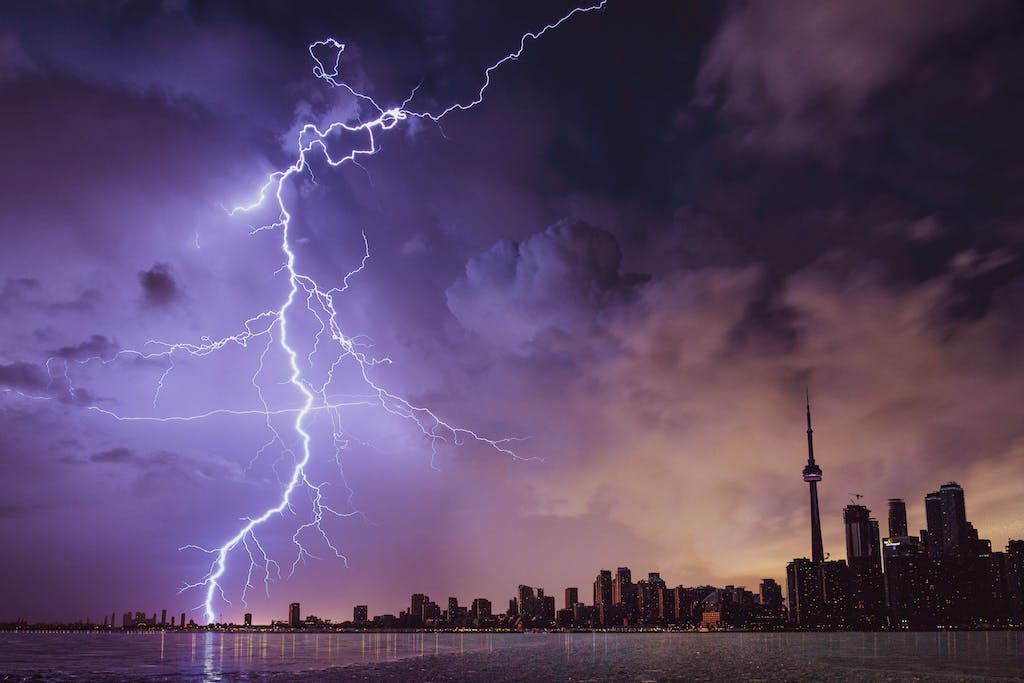Accurate forecasts save lives

This working paper from the National Bureau of Economic Research provides the first revealed preference estimates of the benefits of routine weather forecasts. The paper, titled Fatal Errors: The Mortality Value of Accurate Weather Forecasts, shows the benefits from people using advance information to reduce mortality from heat and cold. From the abstract: “Theoretically, more accurate forecasts reduce mortality if and only if mortality risk is convex in forecast errors. We test for such convexity using data on the universe of mortality events and weather forecasts for a 12-year period in the U.S. Results show that erroneously mild forecasts increase mortality whereas erroneously extreme forecasts do not reduce mortality. Making forecasts 50% more accurate would save 2,200 lives per year. The public would be willing to pay $112 billion to make forecasts 50% more accurate over the remainder of the century, of which $22 billion reflects how forecasts facilitate adaptation to climate change.” Authors: Jeffrey Shrader, Columbia University School of International & Public Affairs, IZA Institute of Labor Economics; Laura Bakkensen, University of Arizona; Derek Lemoine, University of Arizona Department of Economics.
More of the latest research:
- The IMF-World Bank Climate Policy Assessment Tool: A Model to Help Countries Mitigate Climate Change
- Climate Change and Credit Risk: A Synthesis
More from ClimateCrisis 247
- Wake-Up call? 30 Million People Could Die Each Year From Climate Change, study says
- It took a lot of balls to bring you this story about microplastics Making a home in Men’s testicles
- Microsoft in new Scope 3 bid as AI emissions soar
- For banks, transparency sets the tone






